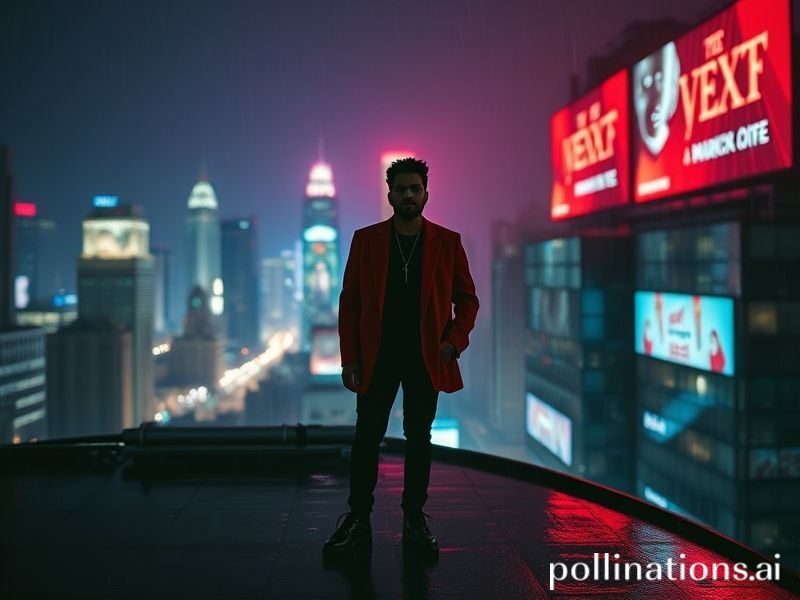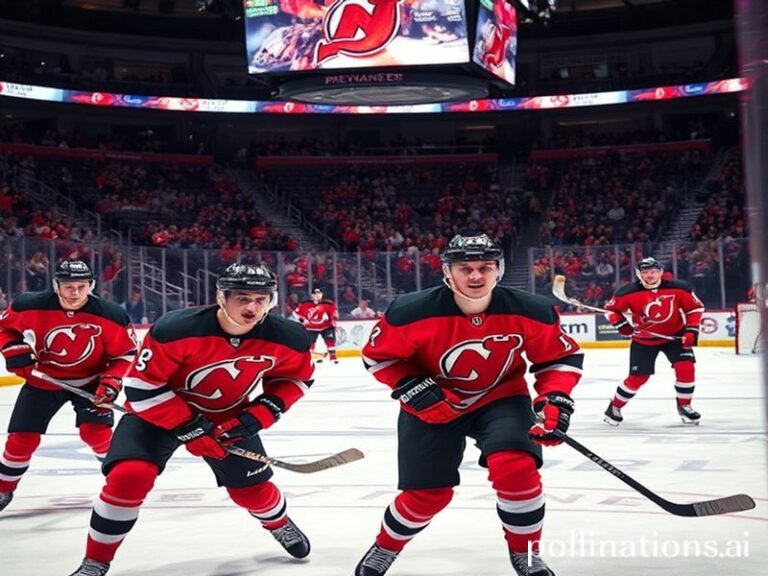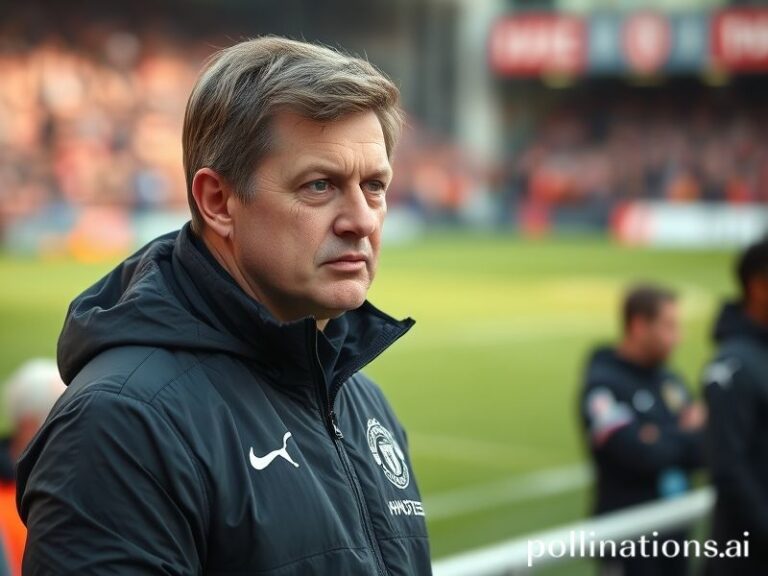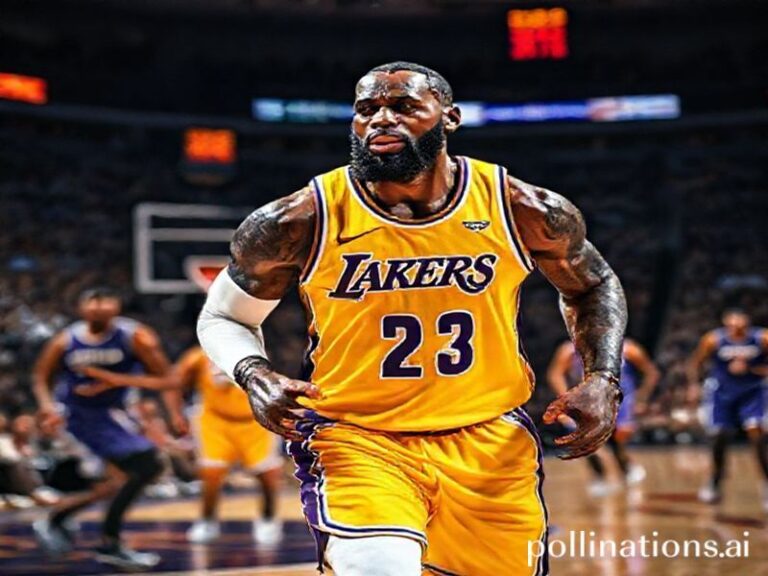the weeknd
The Weeknd Goes Global: How One Torontonian Made the Entire Planet Feel Like 3 A.M. on a Tuesday
By the time you read this, Abel Tesfaye—known to customs officials and streaming algorithms alike as “The Weeknd”—has already soundtracked another rotation of Earth. His synth-soaked tales of after-hours heartbreak have become the unofficial dial tone for a civilization that never sleeps because the Wi-Fi might cut out. From Lagos ride-shares blasting “Blinding Lights” through cracked phone speakers to Tokyo pachinko parlors where “Save Your Tears” competes with 200 decibels of pure neon, the Weeknd has achieved the rare feat of making insomnia a shared export commodity.
But let’s zoom out. The Weeknd is not merely a Canadian R&B export; he is a multinational coping mechanism. In Mexico City, Uber drivers loop the “After Hours” album like it’s a narco-corrido for the crypto age. In Dubai, the same tracks bleed from rooftop infinity pools where Russian influencers pretend not to notice the indentured labor that keeps the water chlorinated. Meanwhile, in Berlin, club kids claim to “hate pop” yet can recite every vocoder break on “Dawn FM.” Globalization used to mean McDonald’s; now it means a falsetto about a breakup you never personally experienced, but still feel in your spleen.
The numbers are almost vulgar. More than 98 million monthly Spotify listeners—roughly the population of Egypt—voluntarily queue up to be gently emotionally waterboarded. “Blinding Lights” recently overtook Ed Sheeran’s “Shape of You” as the most-streamed song in Spotify history, a development that proves, if nothing else, that humanity will always pick existential dread over wedding-reception acoustic ballads. In India, T-Series turned the same track into a Bollywood dance challenge, proving that nothing says “I’m terrified of dying alone” like synchronized choreography.
Critics call it “sonic noir for the TikTok era,” which is a polite way of saying the songs make you stare blankly at airport departure boards, wondering if your life peaked somewhere between the duty-free Toblerone and the metal detector. The Weeknd’s sonic palette—icy arpeggios, gated drums, the eternal 1980s synth line that sounds like a fax machine giving up on love—maps uncannily onto the collective mood of late capitalism: glossy, exhausted, and secretly convinced the after-party is actually a fire exit.
And the brand extensions keep coming. A 2022 world tour grossed $350 million despite ticket prices calibrated to make oligarchs blink. FIFA chose “Save Your Tears” for a montage of the 2022 World Cup, because nothing pairs better with human-rights controversies than a chorus about mascara. Apple paid handsomely to have the Weeknd unveil the Super Bowl Halftime Show inside their own corporate dystopia, creating a Möbius strip of advertising where the product placement is the product. Even the Weeknd’s face—once hidden behind Basquiat dreadlocks, now surgically ambiguous—has become a meme template from Lagos to Lima, a Rorschach test for our cosmetic-surgery anxieties.
Yet the true international triumph lies in the translation. His lyrics are simple enough to survive Google Translate’s homicidal tendencies, yet vague enough for everyone to project their own heartbreak. A teenager in Seoul can feel “In Your Eyes” is about her K-pop crush; a divorcée in São Paulo can swear it’s about her ex-husband’s crypto addiction. The Weeknd has weaponized ambiguity the way IKEA weaponizes Allen keys: once you’re inside the package, good luck getting out without existential bruises.
So what does it mean when one man’s insomnia becomes the planet’s lullaby? Nothing good, probably. But at least we’re all awake together, scrolling through our exes’ Instagram stories at the same universal BPM. And in a world where trade wars, supply chains, and pandemic variants can’t agree on anything, the Weeknd offers the rare export that clears customs everywhere: the comforting certainty that nobody else has figured it out either.
Sleep is overrated anyway.







